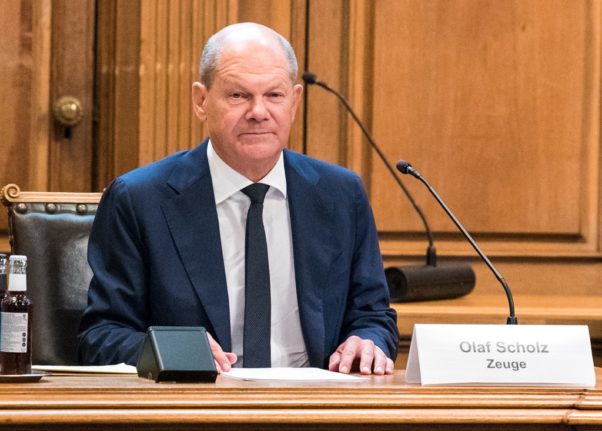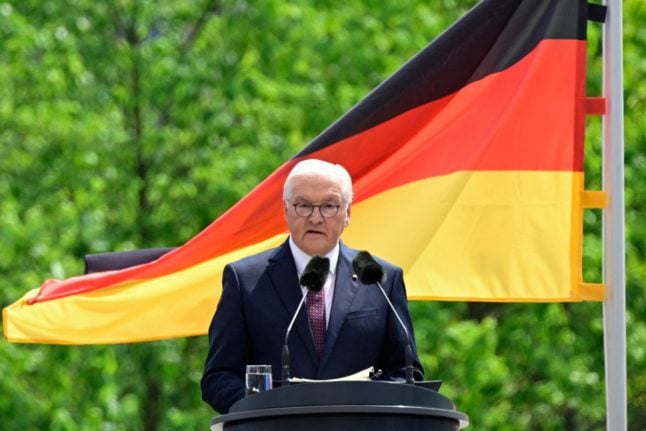A total of 62 percent of those questioned said they were dissatisfied with Scholz’s work since he became Chancellor in December 2021, according to the poll, which was commissioned by German newspaper Bild am Sonntag.
Only 25 percent rated Scholz positively.
People’s opinions of the so-called traffic light coalition government (SPD, FDP and Greens) were similarly poor: 65 percent rated the government’s work negatively while 27 percent said they were happy with the job they’d done so far.
The poll asked 1,000 people whether they were generally satisfied or dissatisfied with the work of the chancellor and the coalition government.
There were no questions on specific topics.
Positive opinion towards Scholz and his government has clearly deteriorated in recent months: a similar survey at the start of March found that 46 percent of those questioned were happy with Scholz’s work.
Only 39 percent said they were dissatisfied.
People’s feelings about the coalition government at that time were fairly equally split: 44 percent thought they were doing a good job, 43 percent thought they weren’t.
READ MORE:
- Germany’s Scholz denies influence in tax fraud probe
- German Chancellor Scholz wants gas pipeline linking south and central Europe



 Please whitelist us to continue reading.
Please whitelist us to continue reading.
Member comments